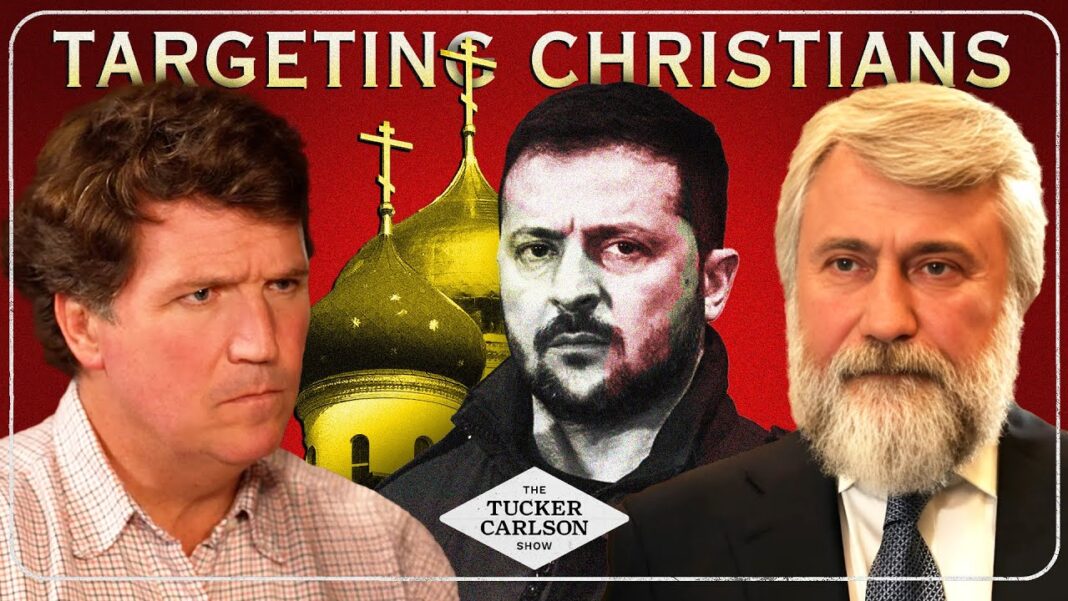When you hear the word “Narnia” you might have some vague idea of something about a lion, a witch, and four kids who walk through a wardrobe into a magical land to have adventures with a lot of talking animals and strange creatures.
Hmm . . . barely the gist of it.
When as a little girl I tore the birthday gift wrap from the complete set of The Chronicles of Narnia, I was dubious. Next, I was curious. Then, I was hooked. It wasn’t long before I started trying to enter the world of Narnia on my own. I’d crawl behind my dad’s armchair or squeeze into the darkness of the family coat closet and wait for myself to be transported. Of course, it never happened. But I wanted to see Aslan so much!
Recently, my interest in the novels revived when I saw my well-loved paperbacks sitting on the bookshelf. I decided to re-read them. Two things had changed in my life since my first reading that had a profound effect on how I would now view the series: I’m now an adult, and a Christian.
In 1950, C. S. Lewis began penning the series that would sell over 100 million copies. They are appealing to children because of their fast-paced, high doses of adventure, their humor, and the fact that the heroes and heroines of the books are mostly children.
Although the novels are advertised as children’s fantasy stories, there’s a lot of content adults can benefit from, just as much as children. (Lewis himself wrote that he didn’t intend for The Chronicles of Narnia to be “below adult attention”.) Look at the books generally and you’ll see the big picture: an adventurous tale of good versus evil. Look at them closely, and you’ll find the Christian parallel on every page. Boldly, yet softly, Lewis infuses his world of Narnia with hope for the lost, and lessons for the Christian. It is because of this message of hope that I think these books are also an excellent recommendation for unbelievers.
Within these seven powerful books, Lewis walks us through the creation of Narnia, its existence, and its end. Exactly what and where is Narnia? As explained in the books, it is “a really Other World—another Nature—another universe—somewhere you would never reach even if you travelled through the space of this universe forever and ever—a world that could be reached only by Magic.”[i] The force of good in this world is Aslan the Lion (who is reminiscent of Jesus Christ). Evil is represented mainly by the White Witch (reminiscent of the devil).
But the analogy goes a lot deeper than this. In what’s considered the most-popular book, The Lion, the Witch, and the Wardrobe, Aslan, like Jesus, is put to death and resurrected back to life. The English children (Peter, Susan, Edmund, and Lucy) who discover Narnia via the wardrobe are some of Aslan’s first followers, similar to the apostles. There is an equivalent for the instance of the Samaritan woman’s encounter with Jesus at the well (Jill Pole’s meeting with Aslan at the beginning of The Silver Chair). King Nebuchadnezzar’s change into a beast is hinted at in Eustace Scrubb’s transformation into a dragon in The Voyage of the Dawn Treader. King Tirian (The Last Battle)is suspiciously similar to Moses. Another Narnian hero, Prince Caspian (Prince Caspian, The Voyage of the Dawn Treader), may be similar to David.
Wrapping up the series, The Last Battle distinctively matches many of the events in the book of Revelation in the Bible. In this story, an ape named Shift dresses a donkey in a lion’s skin, creating an “Aslan” in order to trick the Narnians into obeying Shift—thus echoing the prophecy of the Beast in Revelation. This trickery instigates reports among the Narnians that Aslan has returned to Narnia (the “second coming”).
You’ve probably already guessed that the most important feature of the books is Aslan (also known as the Son of the Emperor-Over-the-Sea). Described as both “terrible and beautiful”, the Lion is spoken of with fear and reverence throughout Narnia. He makes mostly fleeting, and sometimes invisible, appearances. Aslan is the spirit and driving force of the books, just as Christ is the main theme throughout the Bible. “There are no accidents,” proclaims one faithful Narnian. “Our guide is Aslan; and . . . he knew already all things that would come . . . , including this.”[ii]
Indeed, Aslan is both the creator of Narnia and its true guide. He continually quashes any doubts of the children with the words “It is not for you to know what would have been” and “I am telling you your story, not hers. I tell no one any story but his own.” The fact that the children are occasionally called into Narnia and obviously care more for that land as opposed to their own country (England) reminds us that we as Christians are only travelers and strangers in this world.
Truth be told, I could barely hold back the tears while finishing The Last Battle. Itgave me a greater desire for heaven. For at the very end, when a Narnian creature finds himself in the Narnian equivalent of heaven, he exclaims, “I have come home at last! This is my real country! I belong here. This is that land I have been looking for all my life, though I never knew it till now. The reason why we loved the old Narnia is that it sometimes looked a little like this.”[iii]
In the Narnia series, rather than focusing on “magic”, there is the constant issue of good and evil struggling for dominance. The White Witch, always persistent, antagonizes one of the children with the mocking question, “What has the Lion ever done for you that you should be his slave?”[iv] Yet though the Witch and her cohorts are strong, good always triumphs—but not in a trite “goodie-two-shoes” way. Evil is presented as slimy, dark, frightening, surreptitious, and unattractive. Good, despite its often being dressed in shining armor, must take the narrow road, the hard road.
The books teach decency, bravery, courage, boldness, and fairness. They uphold chivalry (the boys are the leaders). The children are intelligent, mature, engage in critical thinking, and learn survival skills. They fight for truth and justice, their battles pointing to the significance of spiritual warfare, illustrating what it is like to “put on the whole armor of God”.
To me, The Chronicles of Narnia have served to strengthen and encourage me in my faith as a Christian. Almost everyone likes to read about swordfights, dragons, and brave princes. And to have this equated to the big picture of the Christian’s walk is meaningful. While we might disagree with some of Lewis’s theology, the main point is the reminder that spiritual warfare is a real, ongoing thing; and of how different, how distinct, we as believers are supposed to be to the rest of the world.
So, “by the Lion’s mane” (as they say in Narnia), I hope that you will give the books a try. They’re not for children only.
[i] The Magician’s Nephew, pg. 24
[ii] The Silver Chair, pg. 154
[iii] The Last Battle, pg. 196
[iv] The Magician’s Nephew, pg. 176







